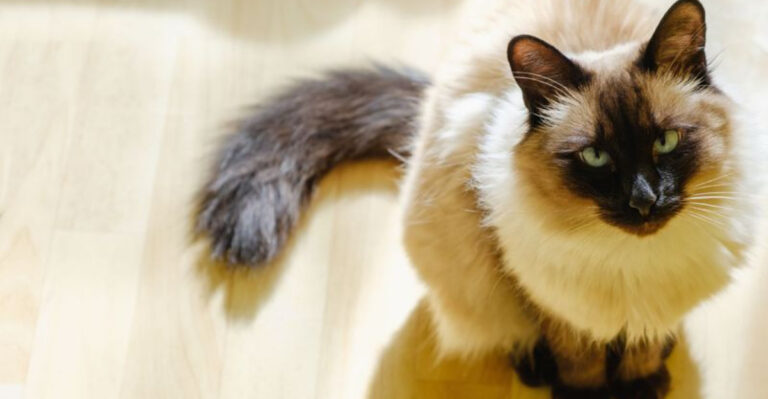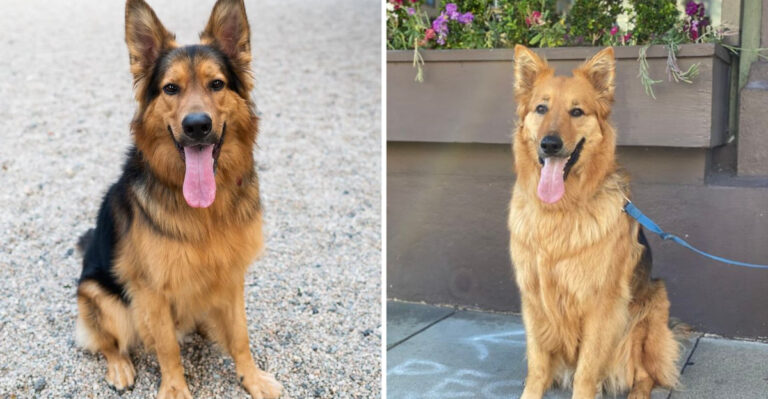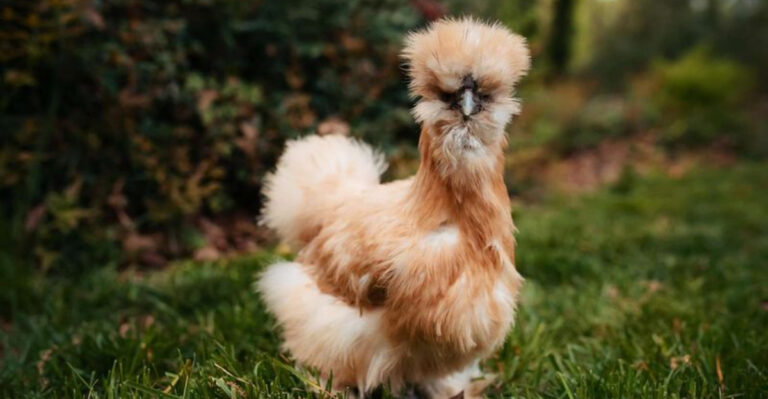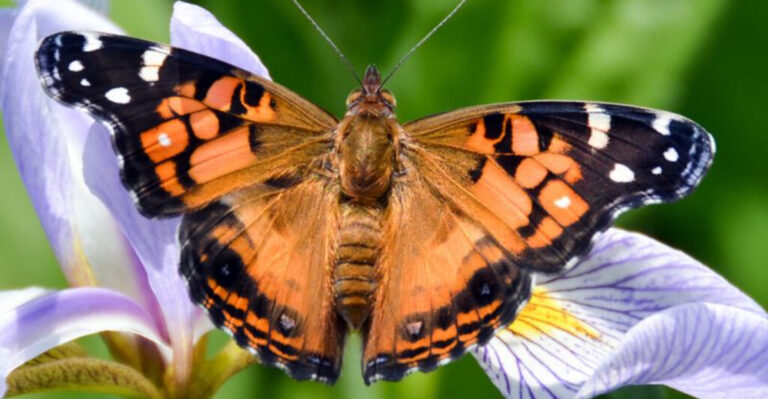12 Dog Breeds No Trainer Wants To Deal With
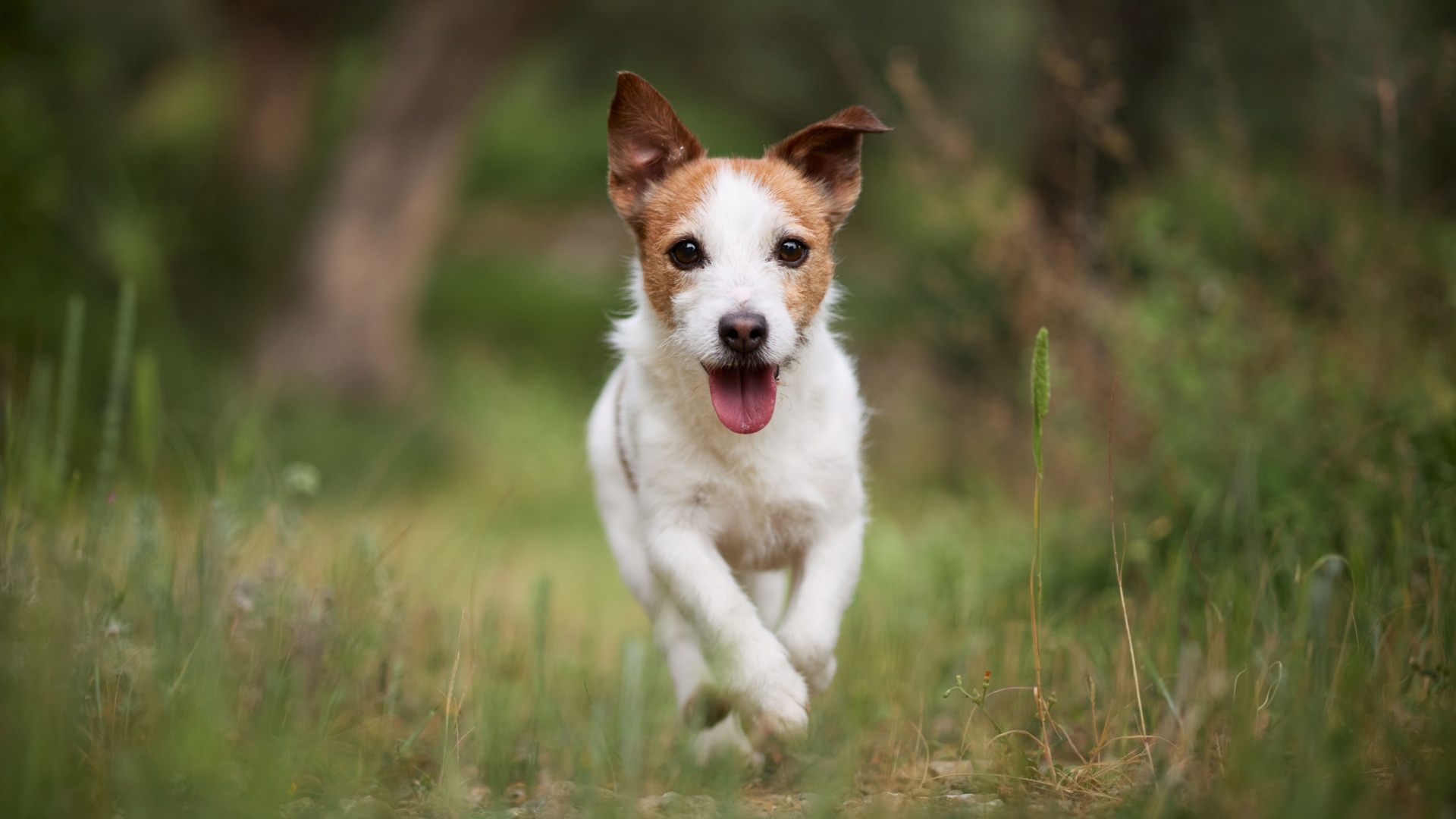
Some dogs come with big hearts – and even bigger challenges. While many breeds are eager to learn, others leave even seasoned trainers scratching their heads.
Stubborn streaks, sky-high energy, or unpredictable behavior can turn every training session into a test of patience. These are the dog breeds that make professionals say, “Thanks, but no thanks.”
1. Chow Chow
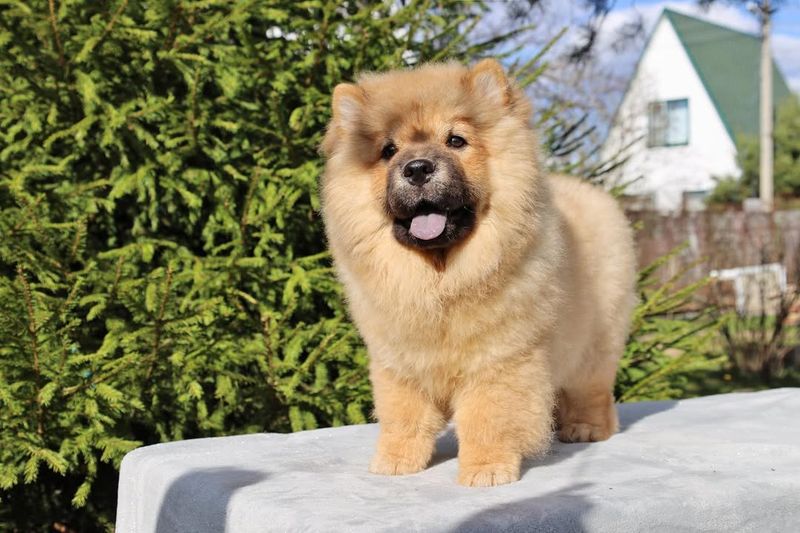
The Chow Chow, with its lion-like appearance and aloof demeanor, is often a challenge for trainers. Known for their stubborn independence, these dogs prefer to do things their own way. Many trainers find that their efforts are met with resistance, as Chow Chows can be quite headstrong.
This breed is known for its loyalty to one person or family, which can make them wary of strangers, including trainers. Their aloof nature, coupled with a tendency to be territorial, presents a unique challenge. Trainers often find it difficult to establish authority with a Chow Chow, as these dogs are not easily impressed.
Their natural reserve and suspicion of strangers make them less than ideal candidates for training sessions. As a result, many trainers choose to pass on the challenge of working with this proud and independent breed.
2. Basenji
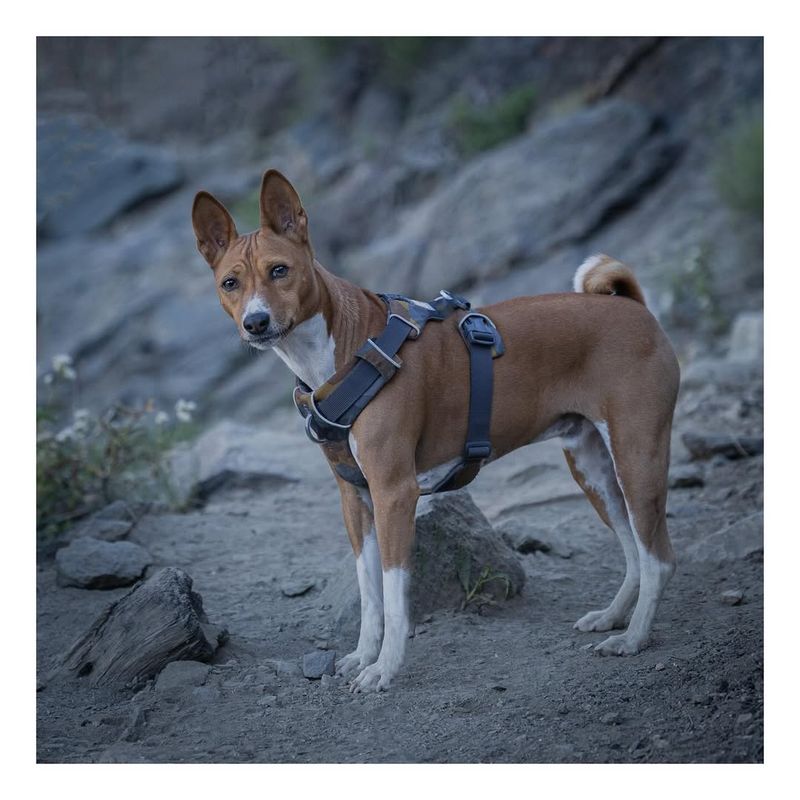
Despite their small size, Basenjis are full of energy and curiosity, which often leads them into mischief. Trainers find that their efforts to channel this energy into structured training sessions are frequently thwarted by the Basenji’s desire to explore and do things on their own terms.
Unfortunately, many trainers find the effort required to keep a Basenji engaged is more than they’re willing to invest. As a result, Basenjis often remain a breed that trainers hesitate to work with, despite their charming and unique personalities.
3. Borzoi
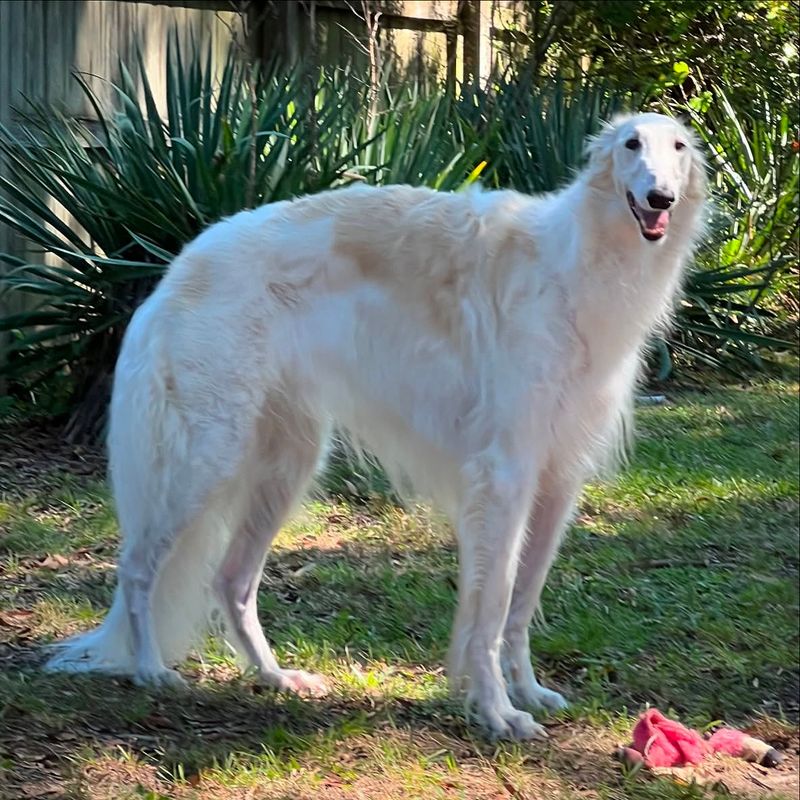
Borzoi, known for their elegant appearance and dignified demeanor, are often deemed untrainable by many. Originally bred for hunting, they possess a high prey drive and a strong sense of independence. This combination makes them less responsive to traditional training techniques.
Their sensitivity to harsh commands or corrections can make training sessions counterproductive. Trainers need to be gentle and patient, qualities that not everyone possesses in abundance. Consequently, Borzois often remain a breed that many trainers opt to avoid, rather than engage in the potential frustration of trying to mold their independent spirits.
4. Afghan Hound
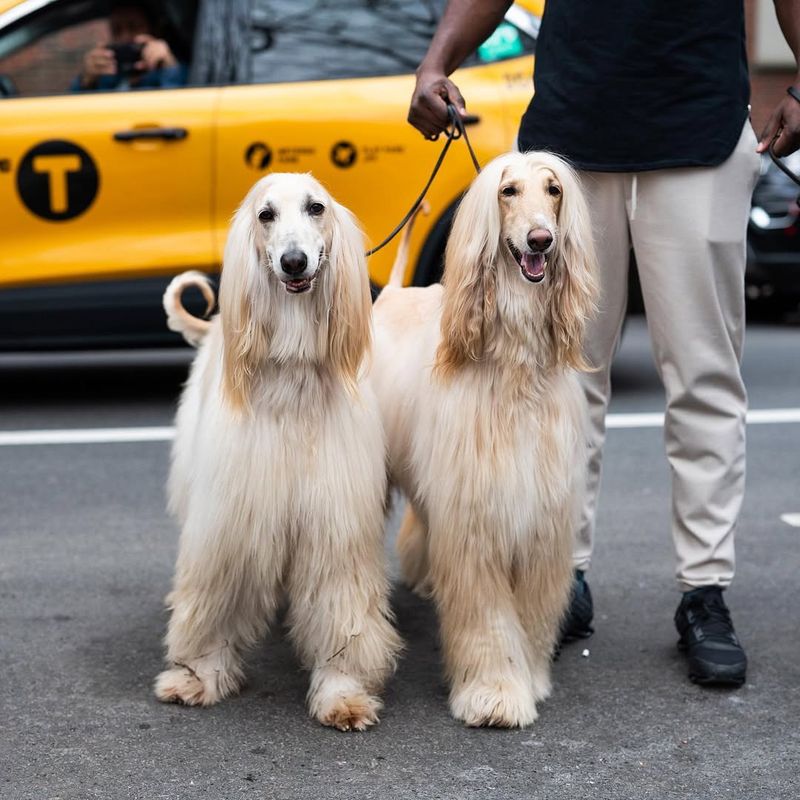
This breed’s history as a hunting dog contributes to its high prey drive and desire for independence. Trainers often find it difficult to keep an Afghan Hound’s attention, as these dogs are easily distracted by their surroundings.
Afghan Hounds are sensitive creatures, and harsh training methods can lead to a breakdown in communication. They require a gentle touch and a trainer who can offer patience and understanding. However, the time and effort required to train an Afghan Hound often lead trainers to seek more manageable breeds.
5. Shiba Inu
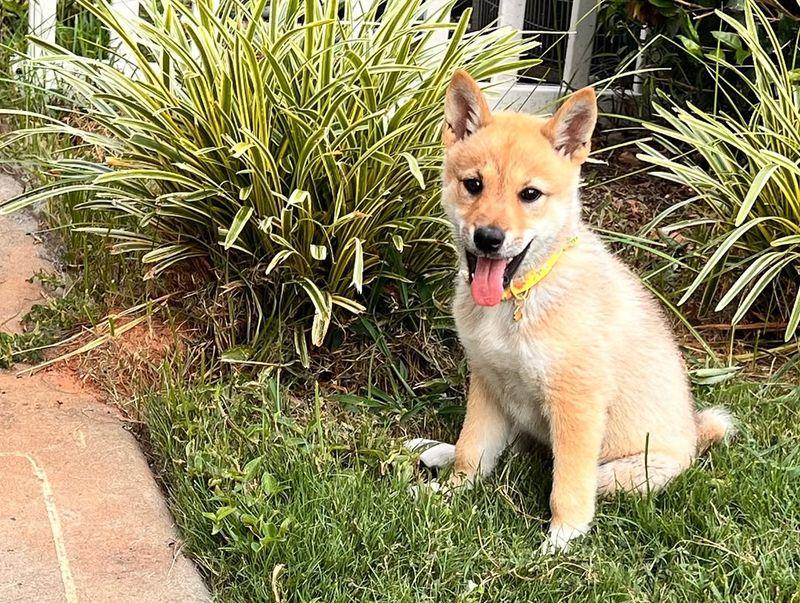
This breed is famed for its independence and stubbornness, often leading trainers to the brink of exasperation. Shiba Inus are intelligent but not always willing to follow commands. Their strong-willed nature means they often prefer to do things their own way, making training sessions a test of patience and creativity.
Additionally, Shiba Inus are known for their ‘Shiba scream,’ a vocal protest that can occur when they are displeased. Trainers must navigate this quirky behavior while trying to instill discipline. The combination of independence, stubbornness, and vocalization makes the Shiba Inu a breed that many trainers prefer to admire from afar, rather than attempt to train.
6. Chihuahua
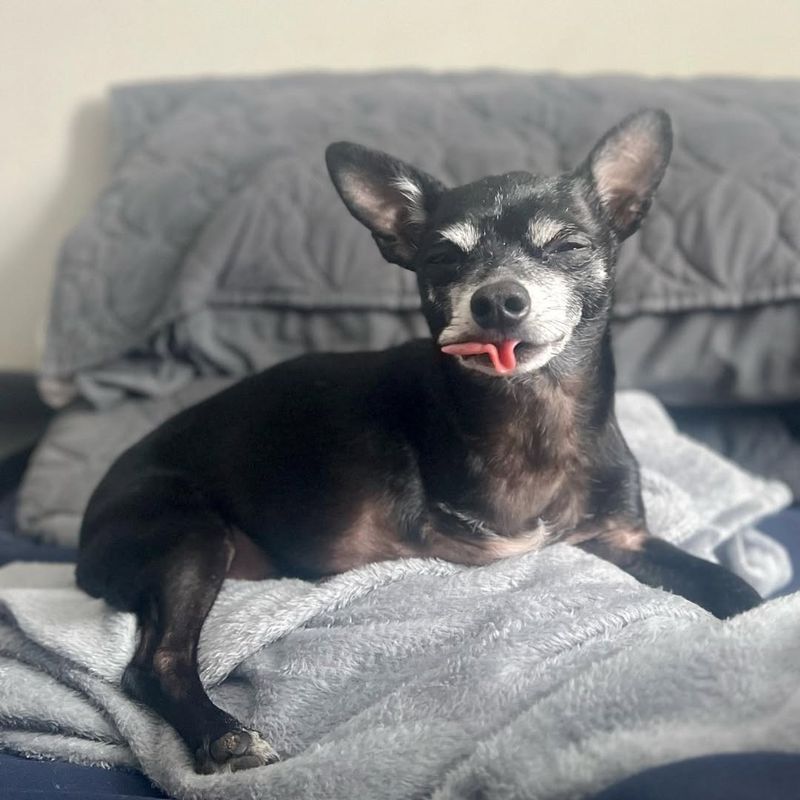
Chihuahuas, despite their small size, are a breed that many trainers are hesitant to work with. Known for their bold personalities and feistiness, these little dogs often have a big attitude that can overshadow their petite stature.
Trainers often find themselves challenged by the Chihuahua’s tendency to be possessive and territorial. Their loyalty to their owners can make them wary of outsiders, including trainers, which complicates efforts to establish a rapport.
Chihuahuas are quick to express their displeasure, and this vocalization can disrupt training sessions. The combination of a big personality in a small package makes Chihuahuas a breed that many trainers choose to avoid, despite their popularity as companion animals.
7. Weimaraner
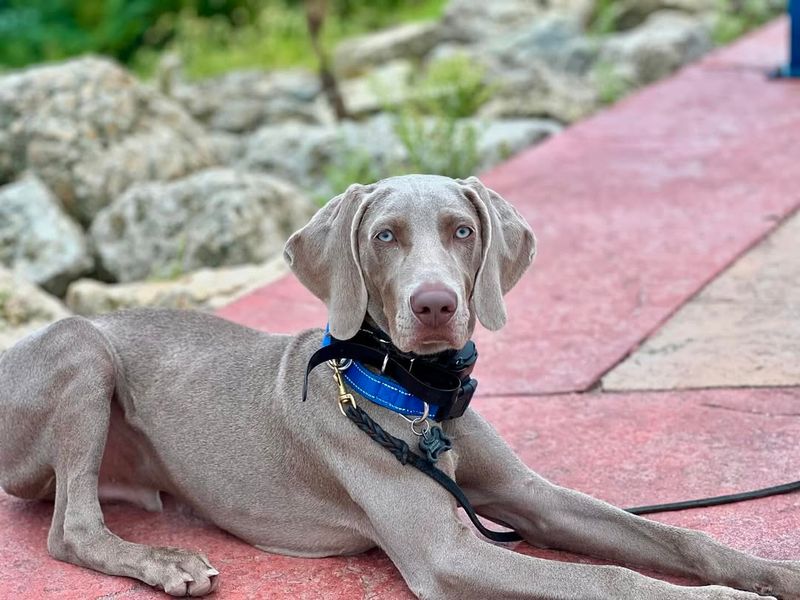
The Weimaraner, distinguished by its sleek silver-gray coat, is a breed that many trainers approach with caution. Known for their high energy levels and intelligence, Weimaraners require a substantial commitment from those who choose to train them.
These dogs are incredibly active and have a strong drive to work, which can lead to frustration if their energy is not properly channeled. Weimaraners also have a strong will and can be quite stubborn. Their independent nature means they may resist commands they find uninteresting or unnecessary. As a result, many trainers choose to work with breeds that offer a more straightforward training experience.
8. Jack Russell Terrier
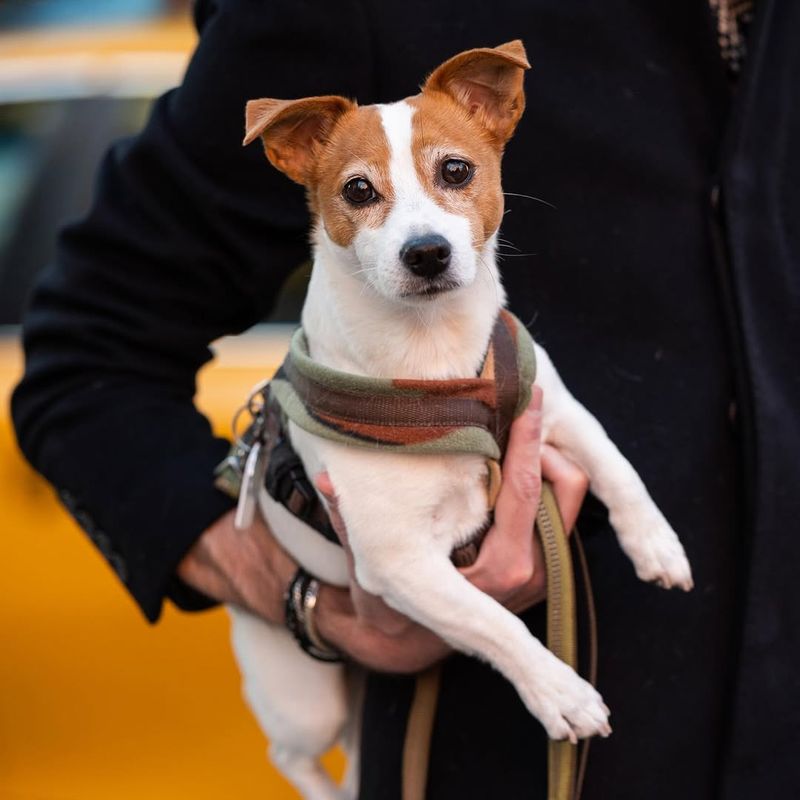
Jack Russell Terriers, with their boundless energy and spirited nature, are a breed that often proves challenging for trainers. Known for their intelligence and tenacity, these dogs require a high level of engagement and activity.
The combination of intelligence and independence means that Jack Russells can be resistant to traditional training methods. They demand creative and varied approaches to keep them engaged. The effort needed to train a Jack Russell Terrier, coupled with their high energy levels, often leads trainers to opt for breeds that present fewer challenges. Despite their small size, Jack Russells are a formidable presence in the training world.
9. Dalmatian
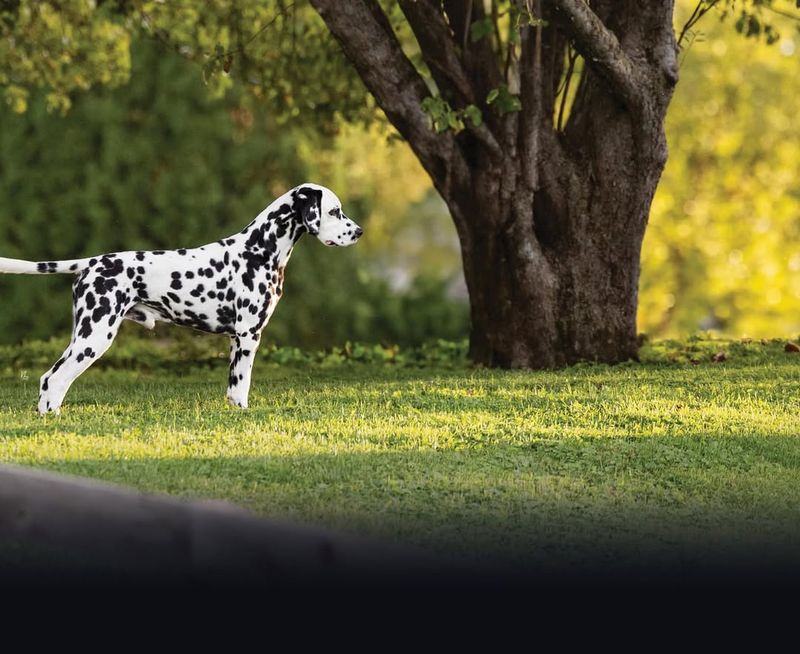
Known for their intelligence and energy, Dalmatians require a trainer who can match their enthusiasm and provide consistent guidance. Their playful nature can lead to distractions during training sessions, making it difficult to maintain their focus.
Additionally, Dalmatians are known for their stubborn streak. They require a trainer who can provide firm yet gentle guidance to help them thrive. The combination of intelligence, energy, and independence makes Dalmatians a breed that many trainers choose to avoid, opting instead for breeds that offer a more predictable training experience.
10. Cane Corso
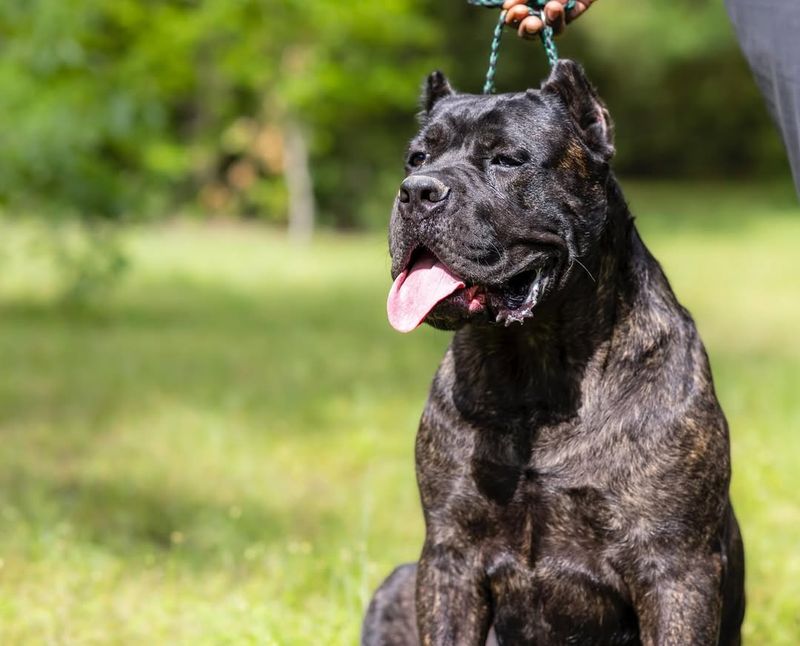
The Cane Corso, with its imposing presence and strong protective instincts, is a breed that many trainers are wary of working with. Known for their intelligence and loyalty, Cane Corsos require a trainer who can handle their strength and assertiveness.
Cane Corsos are known for their protective instincts, which can lead to wariness of strangers, including trainers. This breed demands a trainer who can be firm and patient, ensuring that their assertiveness does not translate into aggression. The combination of strength, intelligence, and protective nature makes the Cane Corso a breed that many trainers prefer to admire from a distance.
11. Tibetan Mastiff
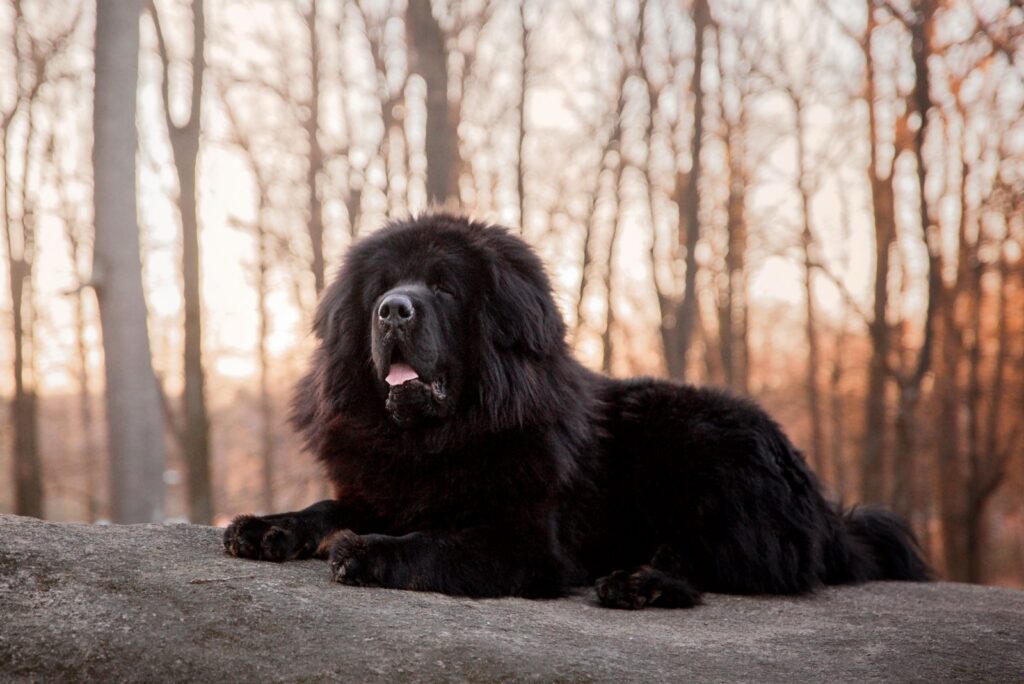
Massive, powerful, and fiercely independent, Tibetan Mastiffs are not for the faint of heart. Originally bred to guard livestock in the Himalayas, they have a deeply ingrained protective instinct and a strong will to match.
Many trainers struggle with their stubborn nature and resistance to authority, especially if trust hasn’t been firmly established. Their tendency to make their own decisions rather than follow commands can make consistent training a frustrating endeavor.
Because of their size and dominance, most trainers approach this breed with extreme caution – or not at all.
12. Russian Black Terrier
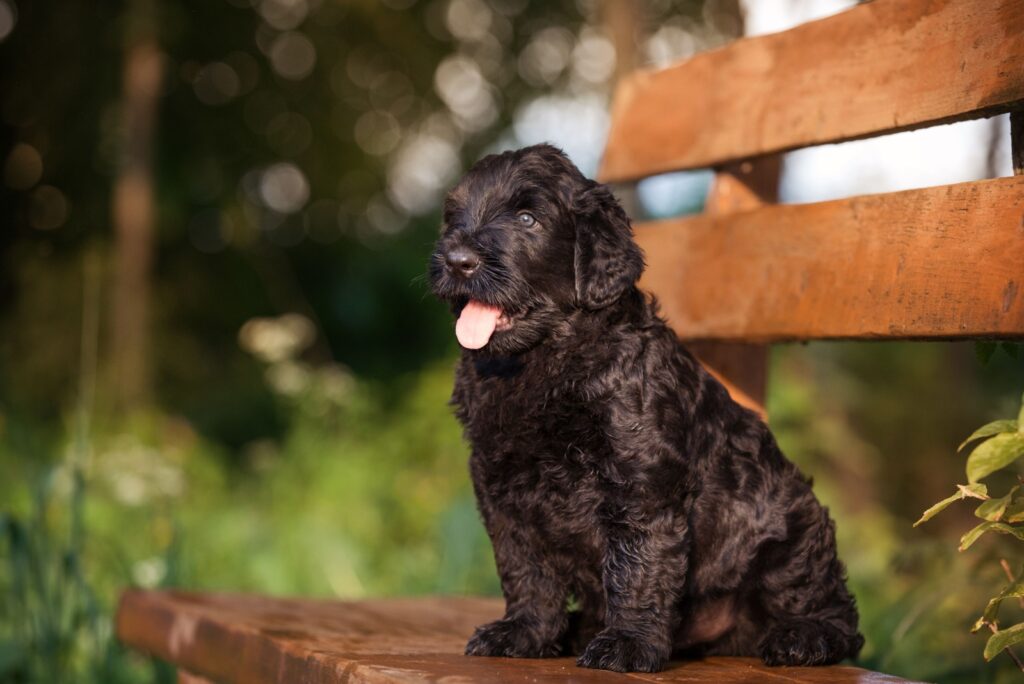
Don’t be fooled by their elegant, statuesque appearance – Russian Black Terriers are intense working dogs with a commanding presence. While incredibly intelligent, they can be overwhelming for even seasoned trainers due to their assertiveness and need for a firm but balanced handler.
These dogs were bred for military and guard work, so they require clear structure and purpose, or they’ll take control of the situation themselves. Without consistent, confident leadership, training sessions often become power struggles. Their size, strength, and strong personalities lead many trainers to avoid them in favor of more manageable breeds.

